Intel rival AMD claims Moore’s Law is not dead
Gaming chip firm says Moore’s Law is thriving in the form of ‘Moore’s Law Plus’

Moore's Law is not dead, according to the CTO of chip giant AMD, whose claim goes against the industry-wide observation that the theory is on its last legs.
Moore's Law is the prediction made by Intel co-founder Gordon Moore in 1965 that computing power would double every two years thanks to developments in technology over time leading to shrinking transistor sizes.
The law turned 50 last year and has so far proved an accurate guide for chip makers, but Intel CEO Brian Krzanich announced last year the firm would move away from the prediction for the first time, shifting transistor size from two to 2.5 years.

However, AMD - despite being Intel's biggest rival - doesn't agree.
"Some people have said Moore's Law is dead, so my question to them is: so how can you do a generation leap [in chips]?" AMD's CTO, Mark Papermaster, told IT Pro in a briefing in London. "Moore's Law is not dead."
Papermaster believes that Moore's Law is alive and well, and said only narrow-minded people think its evolution is just about transistor size.
"It's not just about the transistor anymore; we can't just have transistors improving every cycle," he explained. "It does take semiconductor transistor improvements, but the elements that we do in design in architecture, and how we put solutions together, also keep in line [with] a Moore's Law pace.
Get the ITPro daily newsletter
Sign up today and you will receive a free copy of our Future Focus 2025 report - the leading guidance on AI, cybersecurity and other IT challenges as per 700+ senior executives
This, Papermaster says, is what AMD call Moore's Law Plus'.
"Moore's Law Plus means you stay in a Moore's Law pace of computing improvement. So you can keep in with a Moore's Law cycle but you don't rely on just semiconductor chips, you do it with a combination of other techniques," he added.
These "other techniques" refer to a combination of design, the semiconductor and how you architect those system solutions that will keep on the Moore's Law pace.
It might be combinations of CPU and GPU, other accelerators, different memory configurations, or how they are pieced together there is room for lots of innovation at the next level.
Papermaster's comments on Moore's Law were made while discussing how far away the industry is from truly "life-like" virtual reality (VR), where detail is so high that your eyes are unable to tell the difference between VR and real life.
He believes this level of life-like interaction' is 10 years away, but it will not just happen suddenly. Rather, the technology powering VR will improve incrementally over the years.
"Like any technological evolution, you're going to see an improvement in every generation, which is typically a 12-month cycle, so it won't be a single leap and then we suddenly have life-like interaction," he said.
-
 Should AI PCs be part of your next hardware refresh?
Should AI PCs be part of your next hardware refresh?AI PCs are fast becoming a business staple and a surefire way to future-proof your business
By Bobby Hellard
-
 Westcon-Comstor and Vectra AI launch brace of new channel initiatives
Westcon-Comstor and Vectra AI launch brace of new channel initiativesNews Westcon-Comstor and Vectra AI have announced the launch of two new channel growth initiatives focused on the managed security service provider (MSSP) space and AWS Marketplace.
By Daniel Todd
-
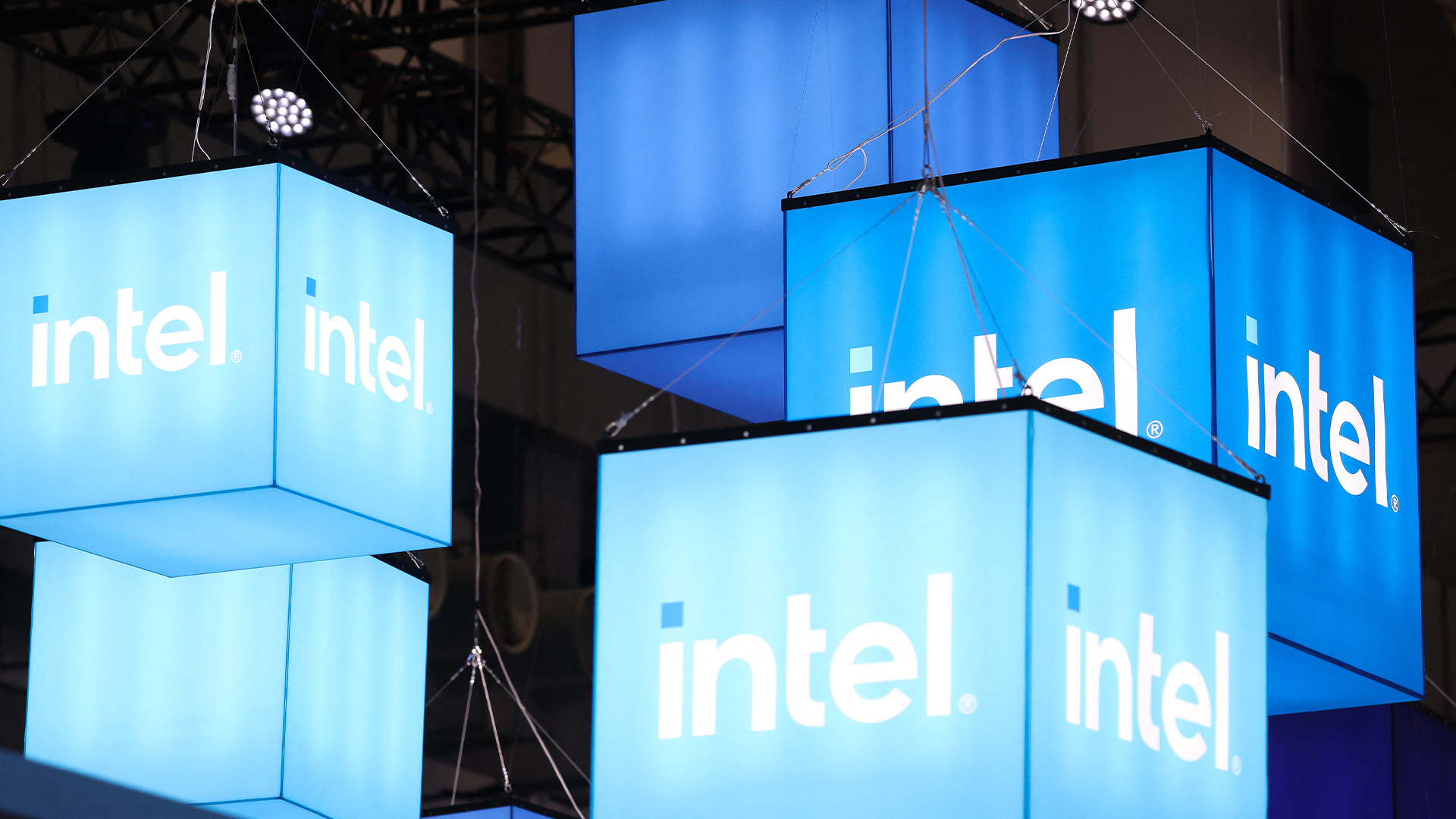 The gloves are off at Intel as new CEO plots major strategy shift
The gloves are off at Intel as new CEO plots major strategy shiftNews Intel’s incoming CEO has some big plans for the firm’s business strategy, sources familiar with the matter have told Reuters, with more job cuts looming on the horizon.
By George Fitzmaurice
-
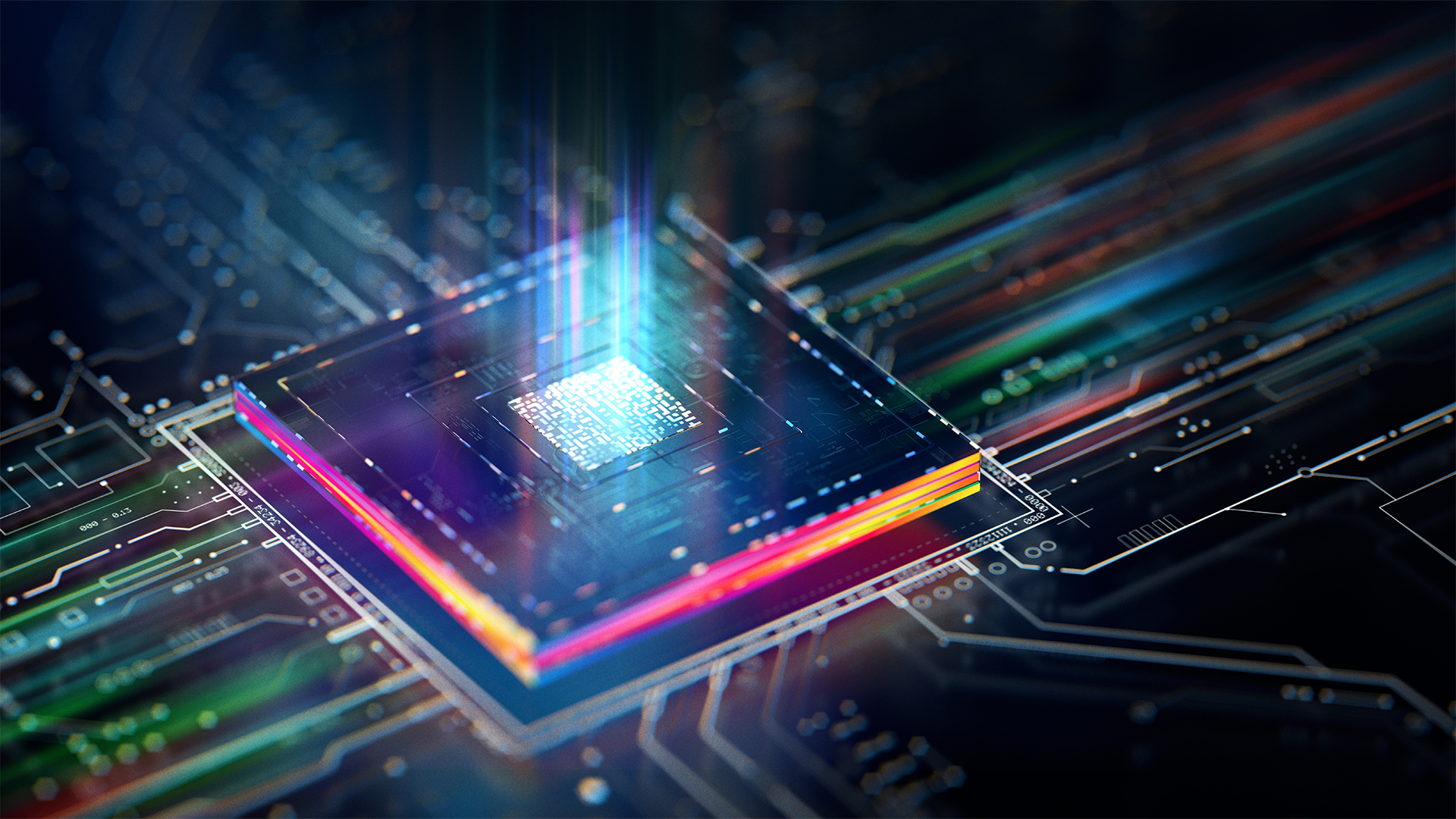 Why the CPU you chose is the key to Windows 11
Why the CPU you chose is the key to Windows 11The end of Windows 10 is on the horizon – it’s time to upgrade to an fTPM-protected processor
By Bobby Hellard
-
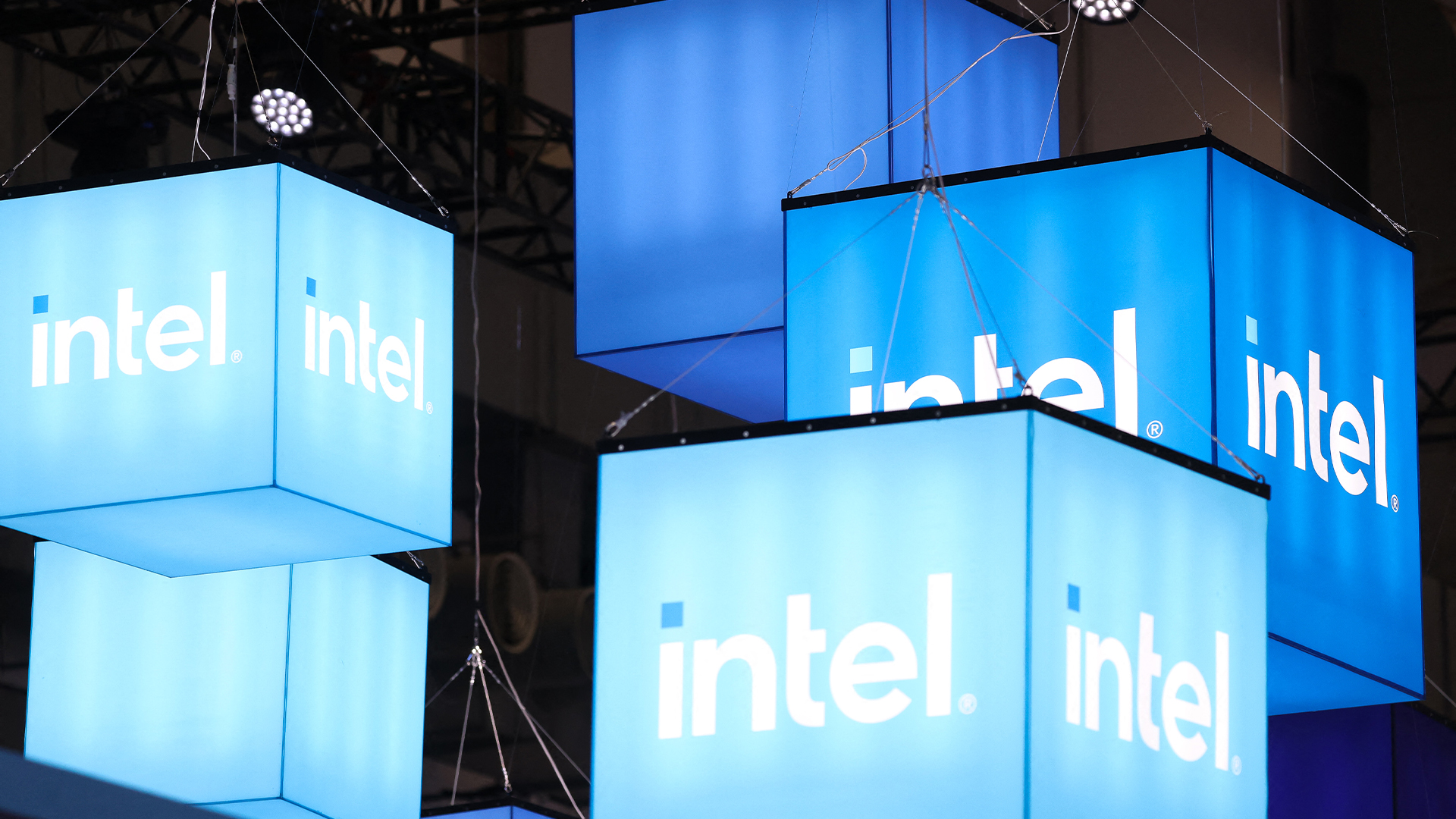 Intel just won a 15-year legal battle against EU
Intel just won a 15-year legal battle against EUNews Ruled to have engaged in anti-competitive practices back in 2009, Intel has finally succeeded in overturning a record fine
By Emma Woollacott
-
 AMD and Intel’s new x86 advisory group looks to tackle Arm, but will it succeed?
AMD and Intel’s new x86 advisory group looks to tackle Arm, but will it succeed?News The pair will look to make x86 CPU architecture more interoperable
By George Fitzmaurice
-
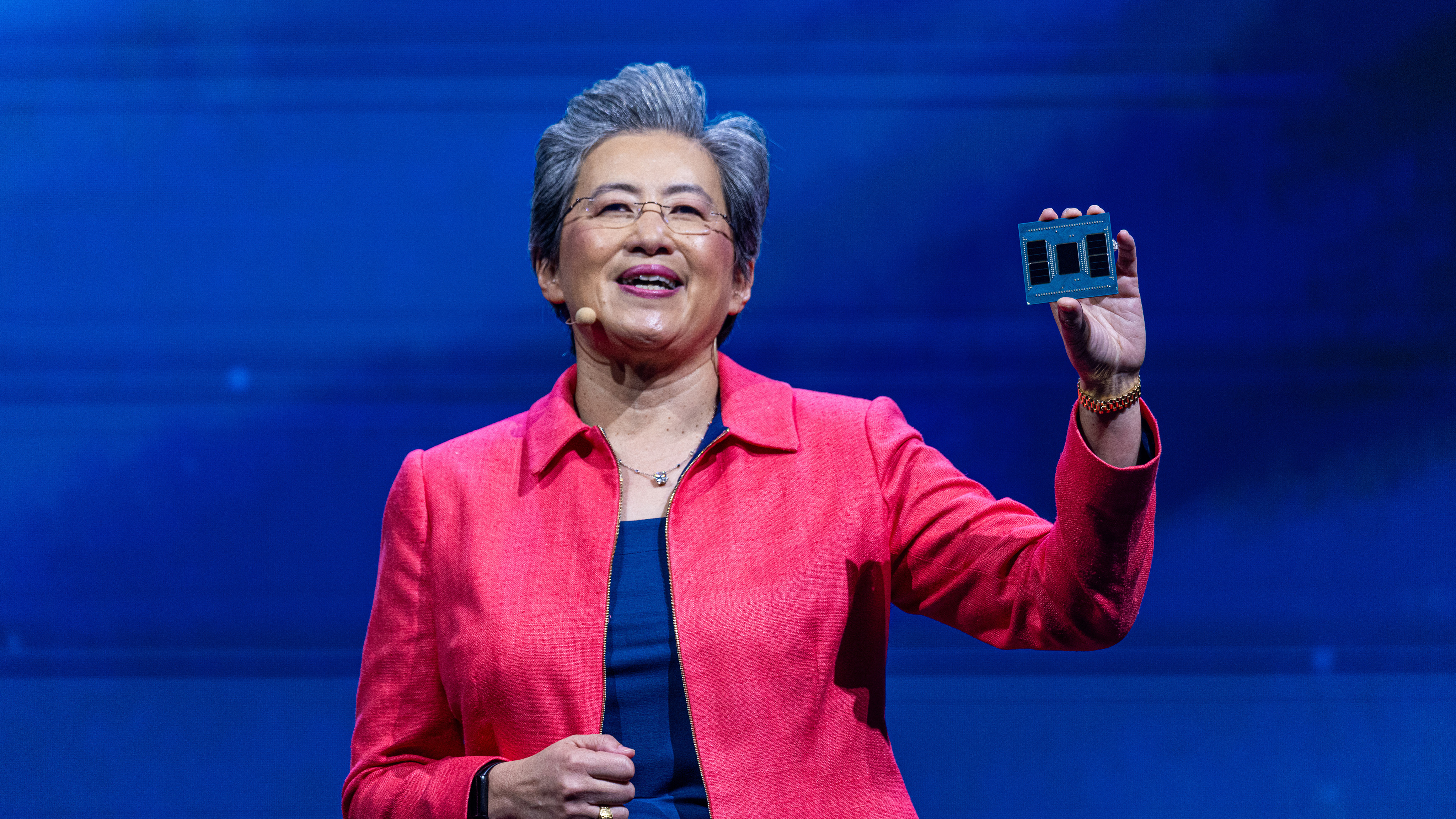 AMD’s patient roadmap has become a highway to success
AMD’s patient roadmap has become a highway to successAnalysis While everyone was focused on Nvidia’s meteoric rise, AMD was preparing the hardware needed to take the fight to its long-time competitor
By Ross Kelly
-
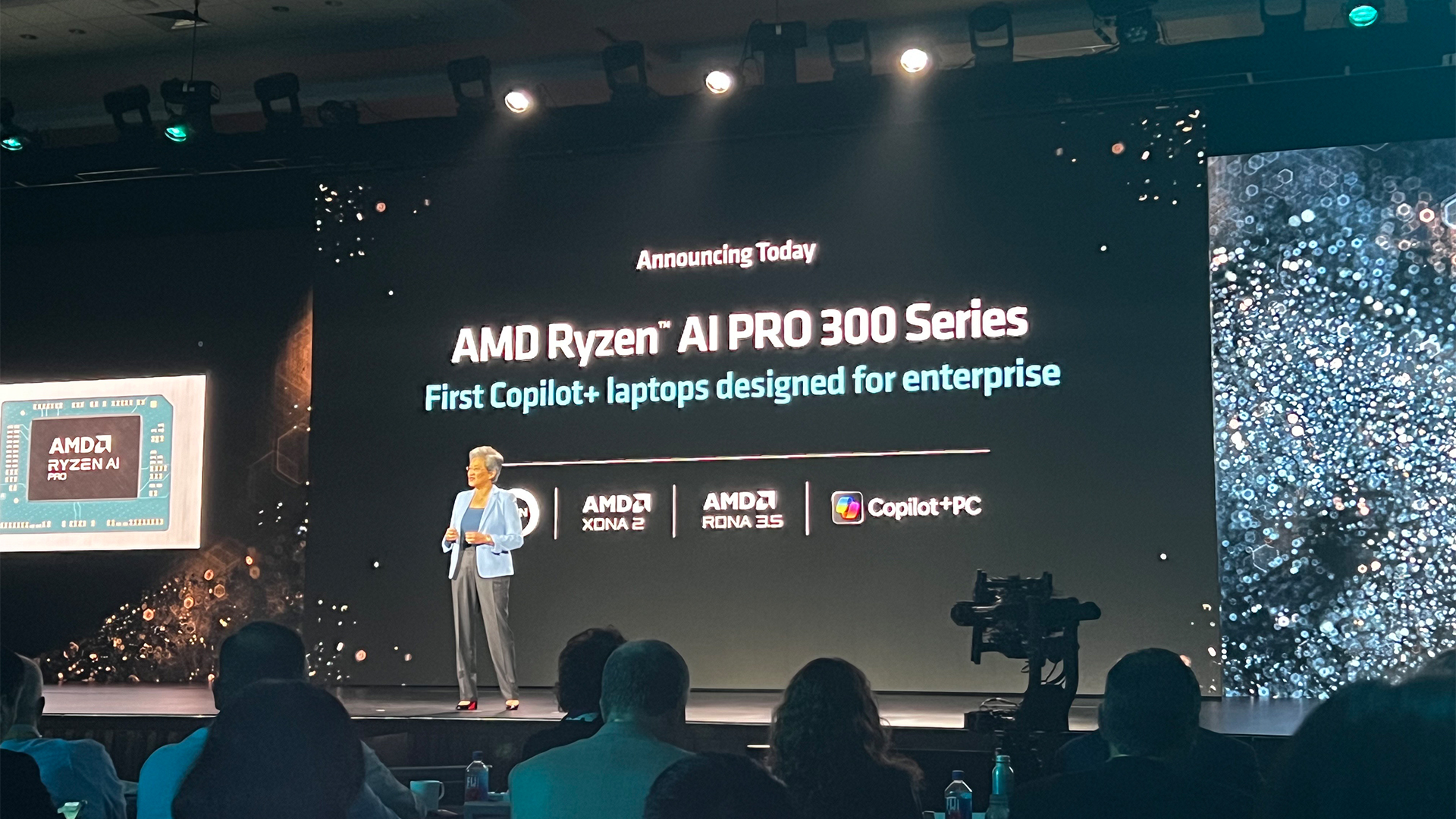 AMD just made a big statement in the AI PC race with its Ryzen AI Pro 300 series processors
AMD just made a big statement in the AI PC race with its Ryzen AI Pro 300 series processorsNews With all eyes focused on the AI PC craze, AMD looks to one-up the competition
By Ross Kelly
-
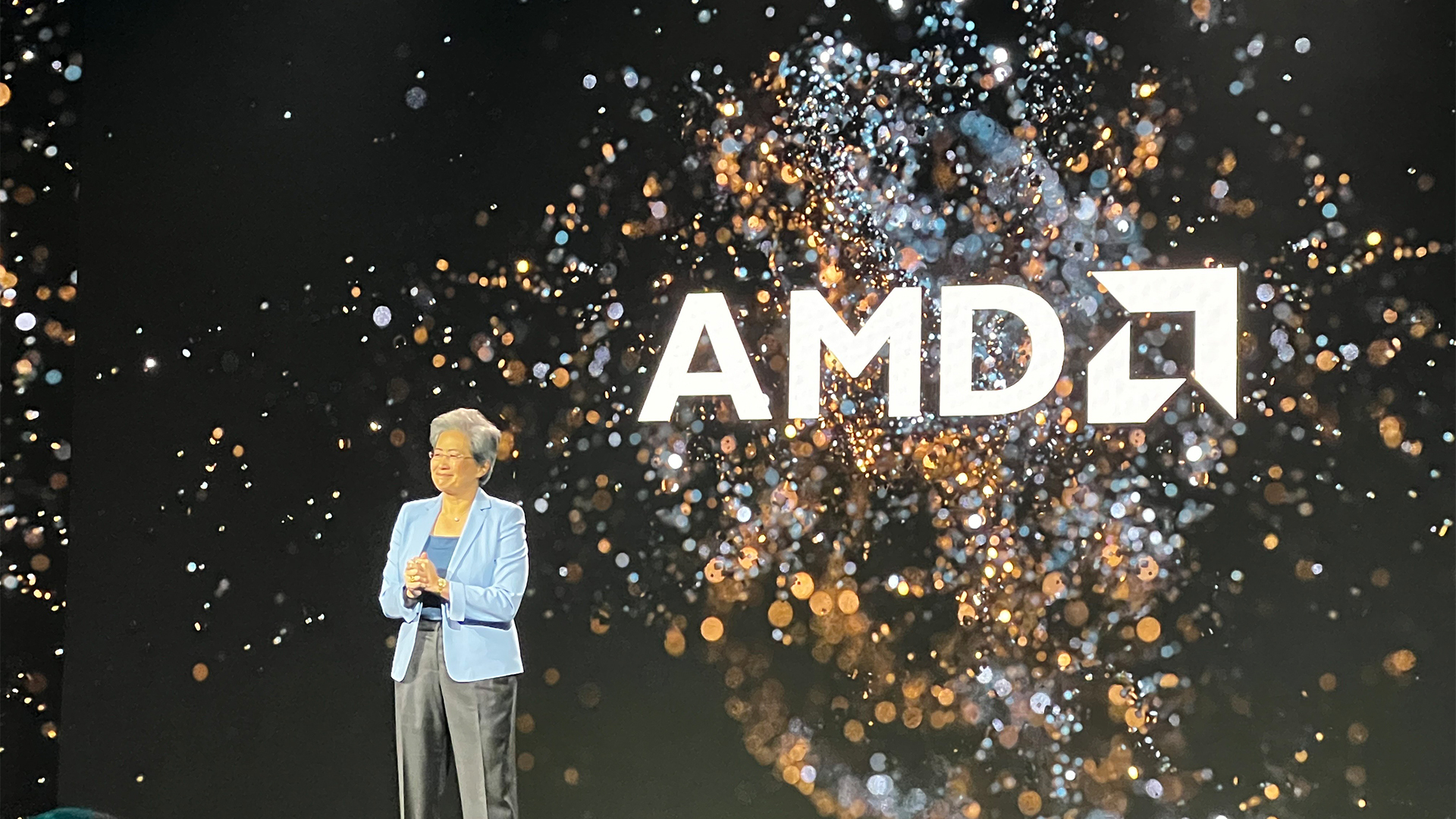 AMD’s new Instinct GPUs might just blow Nvidia out of the water
AMD’s new Instinct GPUs might just blow Nvidia out of the waterNews The chip maker unveiled its newest Instinct GPU series in San Francisco today – and it’s very bullish on performance in the race with Nvidia
By Ross Kelly
-
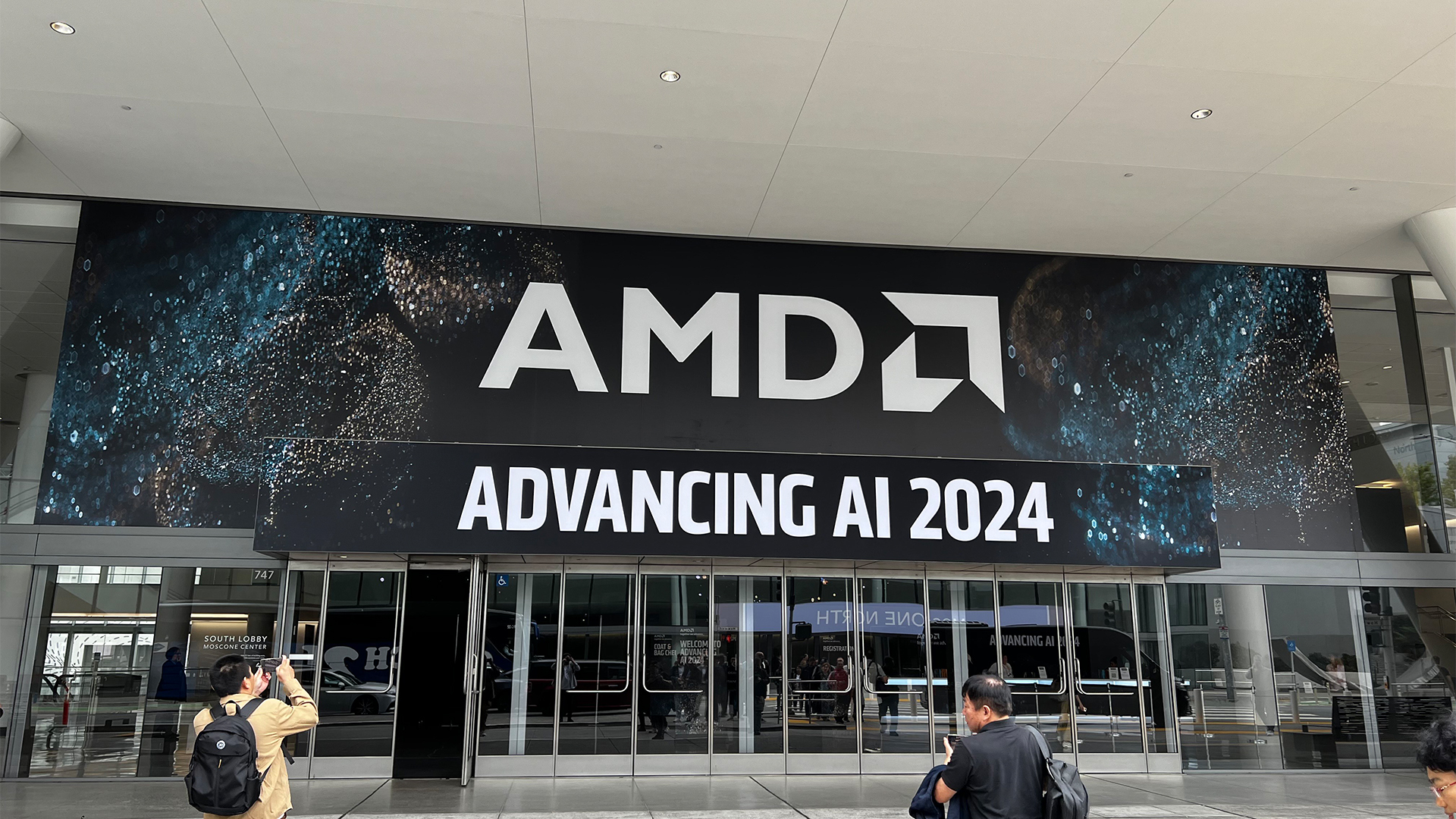 AMD Advancing AI live: All the news and updates as they happened
AMD Advancing AI live: All the news and updates as they happenedLive Blog ITPro has been live on the ground at the AMD Advancing AI conference in San Francisco this week – here's everything we learned in the big keynote with CEO Lisa Su
By Ross Kelly